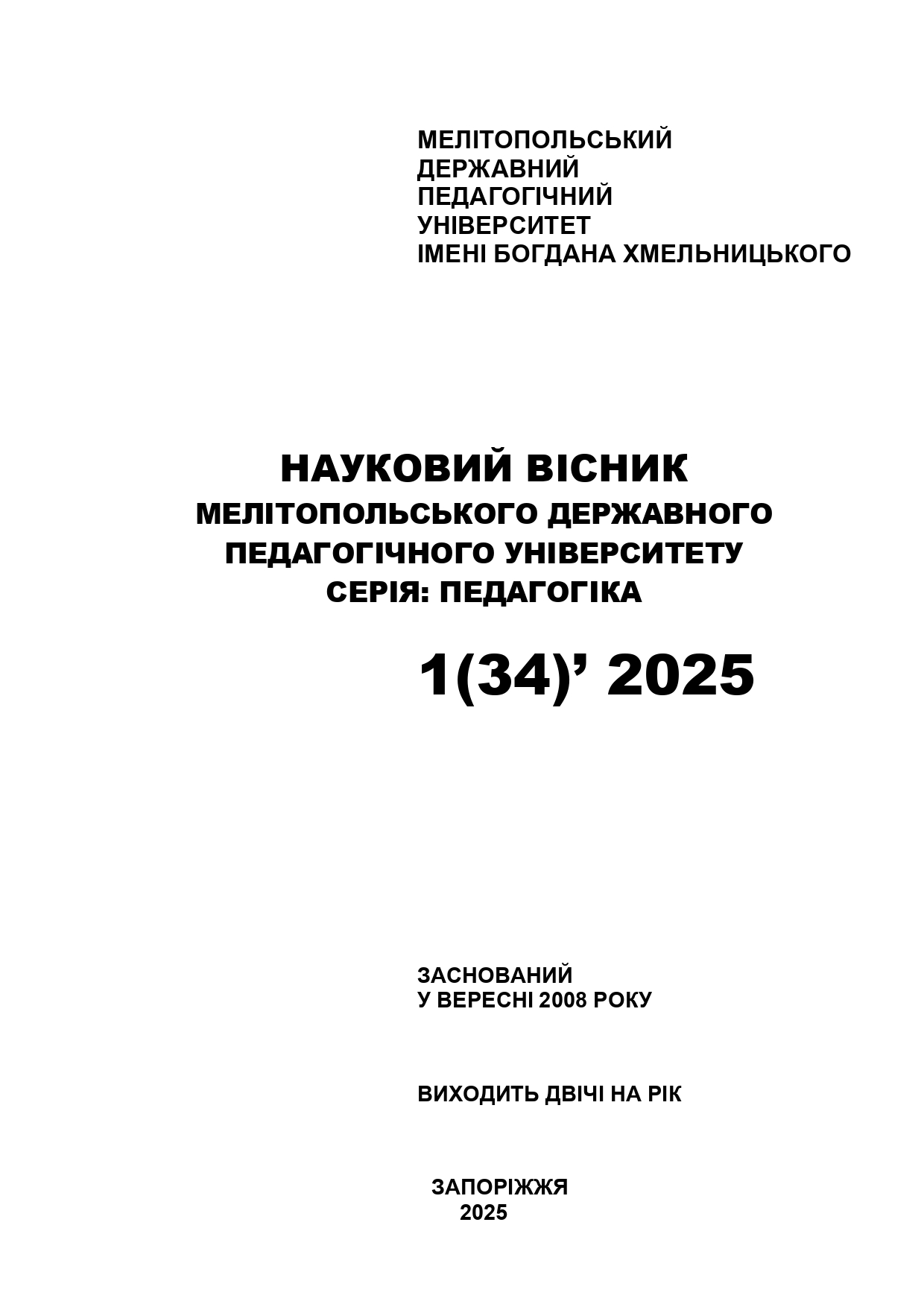Theoretical foundations of the problem of cognitive activity of preschool and primary school children
Abstract
This article explores the theoretical foundations and psychological-pedagogical
aspects of cognitive activity in preschool and early school-age children. The concept
of "cognitive activity" is analyzed in the context of related categories such as "activity,"
"cognitive activity," and "learning activity," with emphasis on the variability of scientific
approaches to its definition. The study highlights the dialectical relationship between
cognitive activity, motivation, cognitive needs, interests, and the degree of
independence of the individual. Particular attention is paid to the structural
components of cognitive activity – emotional-motivational, cognitive, and operational
as well as its levels and forms of manifestation: reproductive, reconstructive and
creative. The article outlines how cognitive activity develops in children from early
childhood through school age, focusing on psychological processes such as
perception, memory, thinking, and understanding. It describes how the child's ability
to plan, set goals, and act independently evolves with age and under the influence of
properly organized educational conditions. The research also identifies factors and
pedagogical strategies that contribute to the effective development of cognitive activity
in children, including the creation of success situations, fostering curiosity, applying
individual approaches, and engaging students in meaningful, hands-on learning
experiences. Additionally, the article discusses different types of cognitive activity
reproductive-imitative, exploratory-executive, and creative – as well as their
correlation with various forms of mental engagement. Emphasis is placed on the
importance of transitioning from situational to integrated and sustainable forms of
activity, which are driven by internal motivation and strong cognitive interests. The role
of cognitive independence is also considered as an essential condition and indicator
of a child’s intellectual and personal development. The material presented is grounded
in the works of leading scholars and offers practical implications for educators,
psychologists, and professionals working with young children in educational settings.




